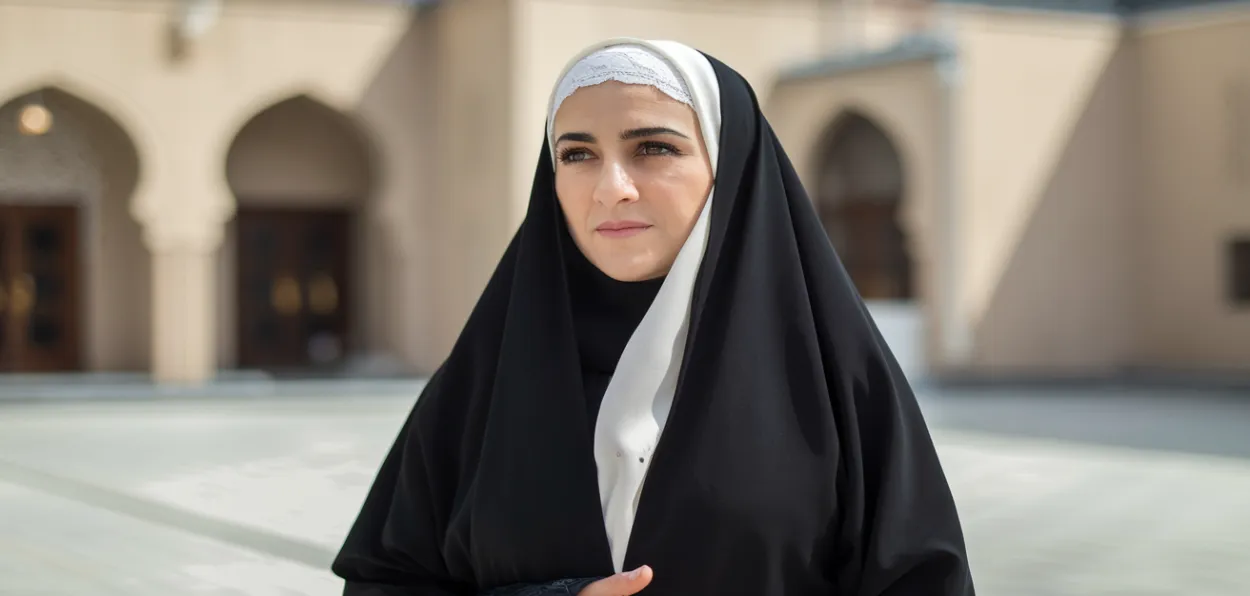
Eman Sakina
A woman who loses her spouse is responsible for taking care of her needs and sustaining herself. She endures a great deal of misery, which is not just monetary but also psychological and emotional. She loses her partner, who is also the father of her children and is left to take care of her family alone, sometimes taking on the roles of both parents.
Friday Musings
A Muslim woman whose husband dies has many financial rights. She has the right to inherit him and it is not permissible for anyone to take her inheritance without her acceptance. If the husband doesn’t leave her enough money to fulfill her needs and the children’s needs, society has to support her and charity becomes a must for her as Prophet Muhammed said,
The one who looks after a widow or a poor person is like a Mujahid (warrior) who fights for Allah’s Cause, or like him who performs prayers all the night and fasts all the day.” [Al Bukhari].
Islamic teachings encourage remarriage for widows as a means of support, companionship, and protection, and it is viewed as an act of kindness and social responsibility. Widows in Islam have the right to continue participating in the social, economic, and religious activities of their community. They are not restricted from working, seeking knowledge, or contributing to society in various ways.
Encouragement for Widow Remarriage
The Qur'an and Hadith, the primary sources of Islamic teachings, emphasize the importance of ensuring the well-being of widows. Prophet Muhammad encouraged remarriage for widows, seeing it as a way to protect their social standing, financial security, and emotional well-being. The Qur'an does not place any restrictions on widows remarrying. Instead, it outlines certain rights and guidelines to ensure their dignity, making remarriage an accepted and even recommended choice.
For instance, after a mourning period called ‘iddah (four months and ten days for a widow), a woman is allowed to remarry. This period is a time for the widow to grieve and allows for any potential pregnancy from the late husband to be established. After this period, the widow is free to marry anyone of her choice.
Islamic teachings make it clear that a widow has full autonomy in deciding if and when she wants to remarry. She is free to make her own choice, and the decision to remarry or remain single should be respected by family and society. Additionally, Islamic law forbids any form of coercion or stigma against widows seeking to remarry.
The Prophet Muhammad’s life also sets examples of compassion towards widows. He married several widows, which demonstrates his commitment to the well-being of these women, highlighting that they deserve respect, dignity, and love. These examples serve as reminders to Muslims to approach widow remarriage with a sense of duty, respect, and care for the individual’s needs and circumstances.
Despite the clear guidelines and encouragement in Islamic teachings, some communities may harbor social stigmas around widow remarriage, often due to cultural rather than religious beliefs. These stigmas can create challenges for widows who wish to remarry, making it essential to differentiate between cultural practices and Islamic teachings. In Islam, remarriage is encouraged and should be supported by the community rather than hindered by outdated traditions or biases.
ALSO READ: Kerala: How Dalit Muslims forced Waqf to end discriminatory masjid bylaws
Islam treats widow remarriage as a practical, compassionate choice that aligns with the broader principles of mercy, kindness, and justice. It allows widows the freedom to choose remarriage without social pressures or restrictions, supporting their well-being and providing stability. By honoring widows’ choices and encouraging remarriage when desired, Islam promotes a balanced and supportive approach that serves both individuals and society as a whole.
